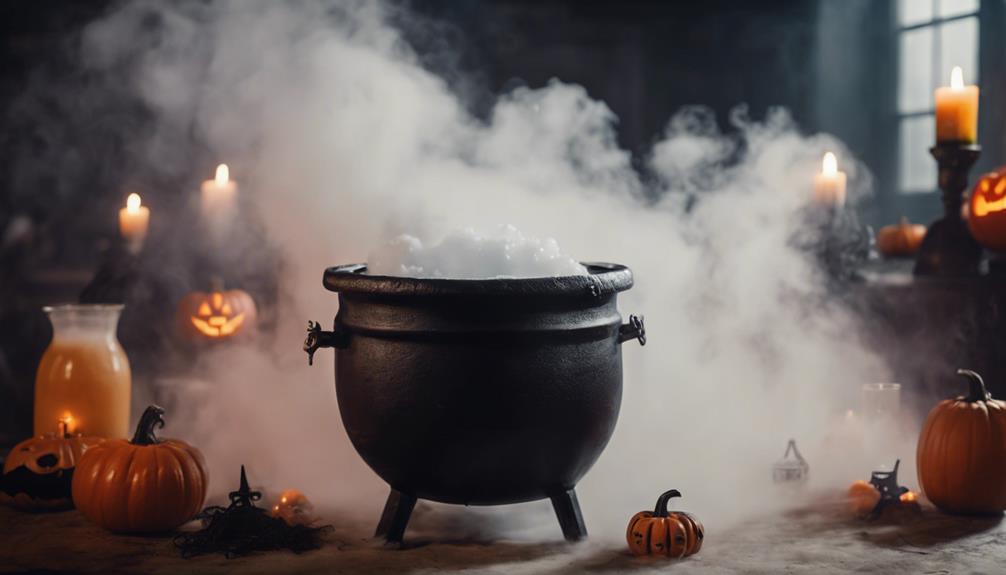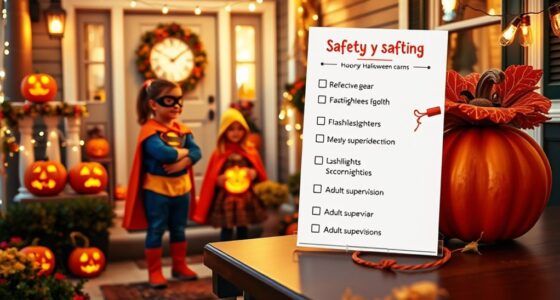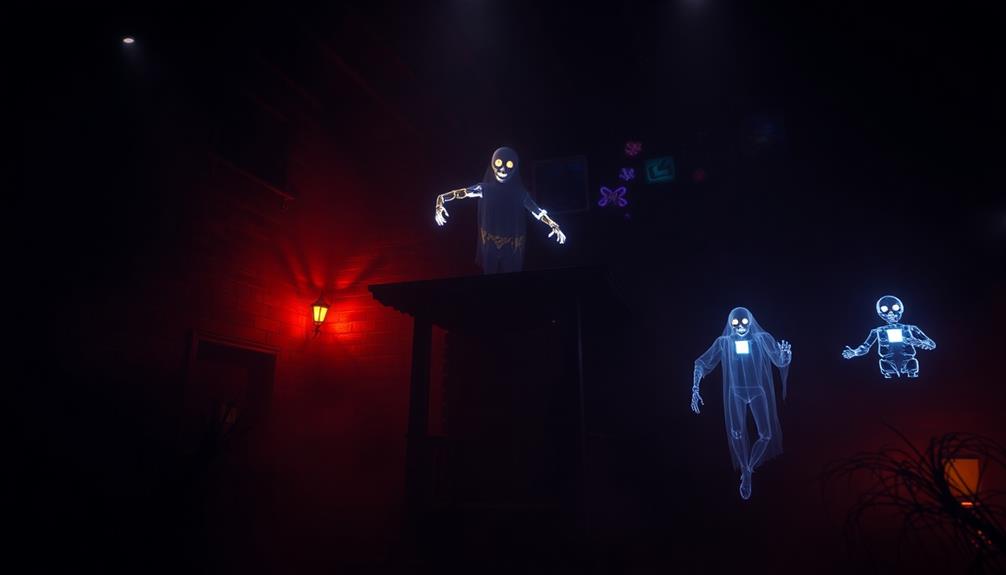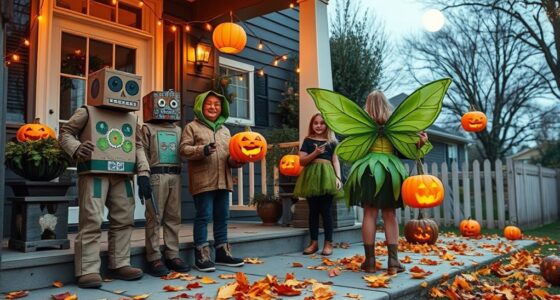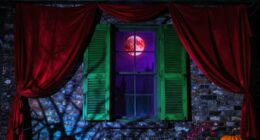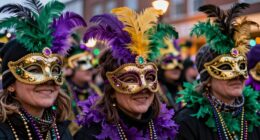Wondering why Halloween is considered a religious holiday? Halloween's roots lie in Celtic traditions where Samhain marked the end of the harvest season. The Celts believed the veil between the living and dead was thin during this time, using bonfires, costumes, and Jack-o'-lanterns to ward off spirits. Christianization later merged elements of Samhain with All Saints' Day and All Souls' Day, shaping Halloween as a religious observance. Pagan beliefs also influence Halloween, with rituals like costumes and offerings honoring ancient customs. The symbolism of rituals, colors, and customs reflect a blend of cultural and religious influences. Explore further to uncover more!
Key Takeaways
- Halloween merges Celtic and Christian traditions.
- Symbols like jack-o'-lanterns and costumes have religious significance.
- Some view Halloween as carrying on ancient pagan rituals.
- Halloween's themes of death and spirits conflict with certain beliefs.
- Commercialization and secularization lead to varied religious interpretations.
Celtic Origins and Traditions
The Celtic festival of Samhain, which marked the end of the harvest season and the beginning of winter, laid the foundation for the religious aspects of Halloween. Ancient Celtic beliefs held that during Samhain, the veil between the living and the dead was thin, allowing spirits to wander freely among the living. To ward off these spirits, Celts lit bonfires and wore costumes as disguises. Offerings of food and drink were also left out to appease the deceased. The tradition of carving Jack-o'-lanterns with frightening faces originated from the Celtic practice of carving turnips or rutabagas to keep malevolent spirits at bay.
Many customs associated with modern Halloween festivities, such as trick-or-treating and bobbing for apples, find their roots in the ancient Celtic traditions of Samhain. These practices were meant to protect against evil spirits and ensure a smooth passage into the darker months of winter. The Celtic origins of Halloween continue to influence the way the holiday is celebrated today.
Influence of Christianization
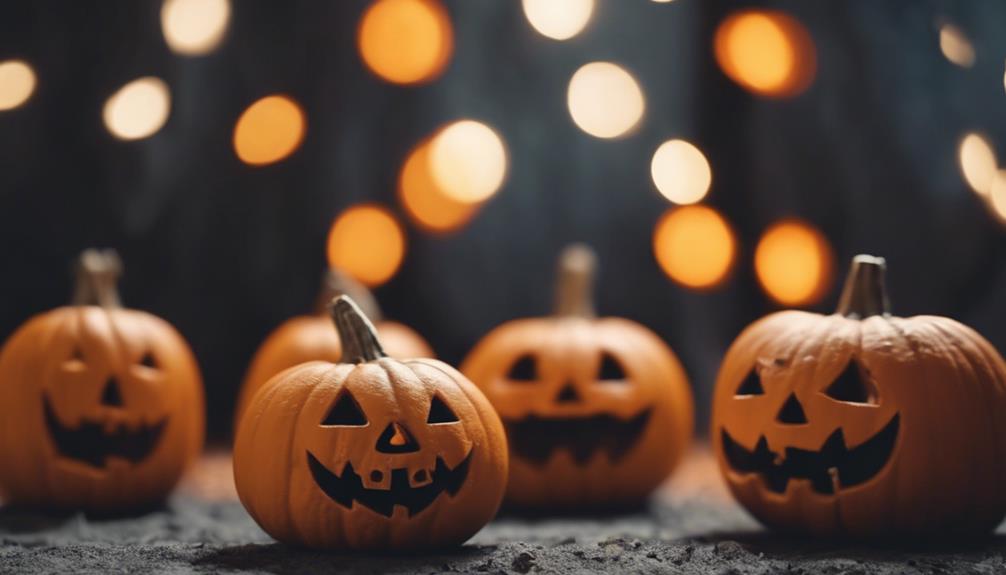
Upon the spread of Christianity in Celtic regions, elements of Samhain gradually intertwined with Christian traditions, shaping the evolution of Halloween into a religious observance. The Christianization of Halloween reflects a deliberate effort to incorporate Celtic practices into the Christian calendar while imparting religious significance to the holiday.
Here are some key points to ponder regarding the influence of Christianization on Halloween:
- Early Christian leaders merged elements of Samhain with All Saints' Day and All Souls' Day to provide a Christian alternative to the Celtic festival.
- The Christian Church aimed to supplant pagan festivals with Christian observances, integrating aspects of Celtic beliefs into the new religious practices.
- Halloween's connection to Christian holidays like All Hallows' Eve exemplifies the process of Christianizing Celtic traditions.
- The blending of Celtic and Christian customs contributed to the development of Halloween as a religious holiday, reflecting the complex interplay between different cultural and religious influences.
Connection to Pagan Beliefs
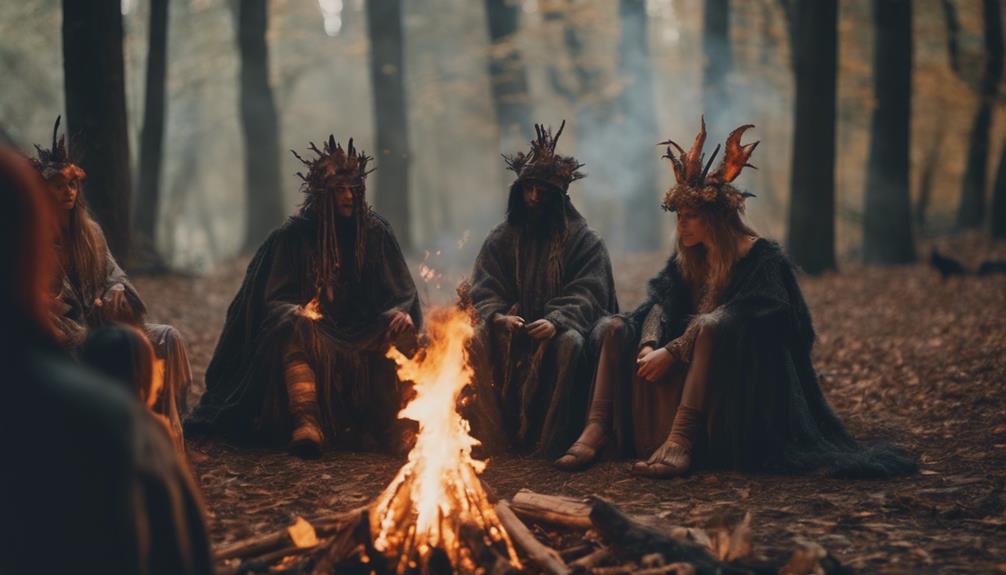
Linked to ancient Celtic pagan beliefs, Halloween has deep roots in the festival of Samhain, symbolizing an important shift in the seasonal cycle. Samhain was a time when the Celts believed the boundary between the living and the dead blurred, allowing spirits to roam freely. The tradition of wearing costumes on Halloween comes from the Celtic practice of disguising oneself to ward off malevolent spirits. Bonfires and offerings made during Halloween also find their origins in these pagan customs. Some modern religious groups see Halloween as carrying on ancient pagan rituals, sparking debates about its religious implications.
The connection between Halloween and pagan beliefs is profound, with many customs and symbols tracing back to the Celtic festival of Samhain. Understanding this link sheds light on the rich tapestry of traditions that have evolved over time. By recognizing the influence of ancient pagan practices, we gain a deeper appreciation for the complexity and history embedded in this widely celebrated holiday.
Symbolism of Rituals and Customs
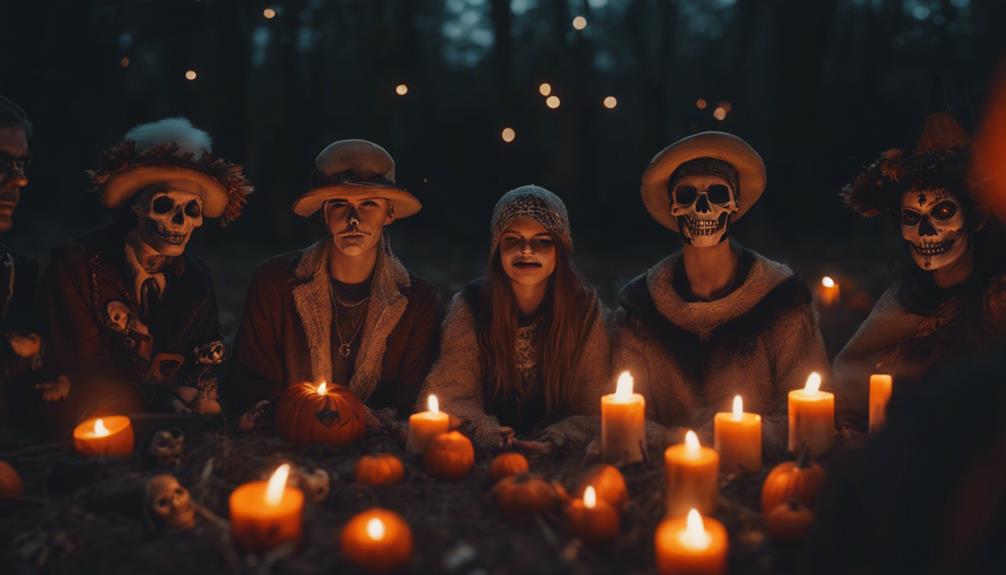
Exploring the symbolism behind Halloween rituals and customs reveals a fascinating blend of tradition and meaning. Here are some key aspects to ponder:
- Lighting Candles and Carving Pumpkins: These acts symbolize the ancient practice of warding off evil spirits and honoring the dead, with the flickering flames guiding spirits and the carved pumpkins warding off malevolent entities.
- Costumes: Wearing costumes during Halloween can represent disguising oneself from malevolent spirits or embodying mythical or supernatural beings, bridging the gap between the physical world and the spirit domain.
- Trick-or-Treating: This tradition may stem from leaving offerings for spirits or exchanging soul cakes for prayers for the deceased, honoring the souls of the departed and seeking protection.
- Black and Orange Colors: The use of these colors in decorations signifies the boundary between the living and the dead, the shift from light to darkness, and the presence of the god of the dead overseeing this liminal period.
Impact on Modern Religious Perspectives
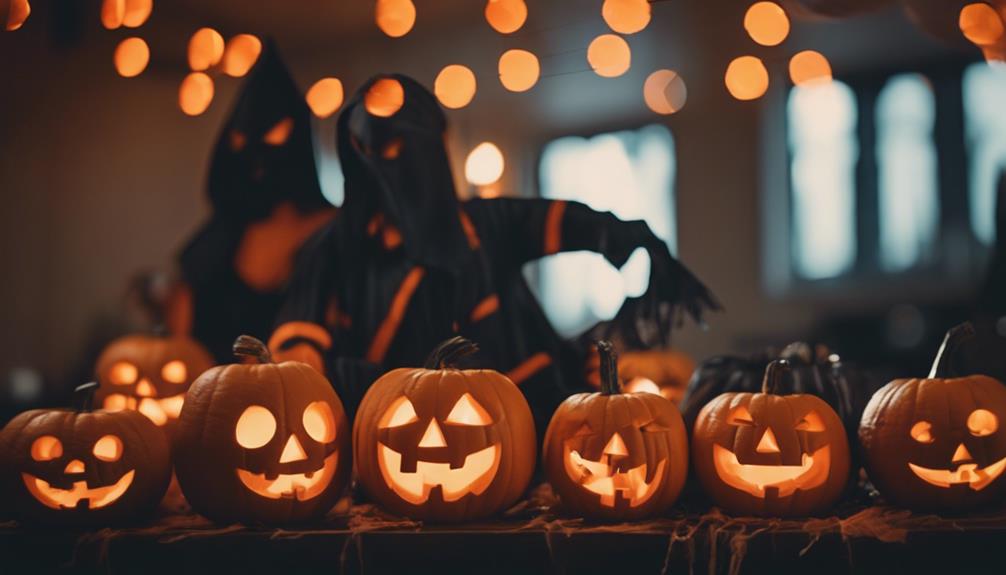
Considering its historical ties to Celtic pagan festivals like Samhain, Halloween is viewed by some religious perspectives as a religious holiday with a significant impact on modern beliefs. The association of Halloween with themes of death, spirits, and the supernatural can create conflicts with certain religious beliefs.
Modern religious debates often revolve around whether participating in Halloween aligns with the values and teachings of specific faiths. Some religious groups discourage participation in Halloween due to concerns about promoting occult practices or glorifying darkness.
The commercialization and secularization of Halloween have led to varied interpretations within religious communities regarding its religious significance. It's important to note that the impact of Halloween on modern religious perspectives is based upon the historical roots of the holiday and the ongoing discussions about its compatibility with different faiths.
As beliefs evolve and adapt to contemporary society, the influence of Halloween on religious views continues to be a topic of debate and reflection.
Frequently Asked Questions
Why Is Halloween a Religious Holiday?
Halloween is considered a religious holiday for various reasons. Its origins in the ancient Celtic festival of Samhain held spiritual significance. Some religious traditions incorporate Halloween elements into their practices, like All Saints' Day and All Souls' Day.
Themes of death and the supernatural in Halloween align with certain beliefs about the afterlife. Additionally, some religious groups view Halloween as a time to honor deceased loved ones, connecting it to ancestor veneration beliefs.
What Does God Say About Halloween?
God doesn't explicitly address Halloween in religious texts like the Bible. The holiday's origins lie in Celtic paganism, making it a modern creation.
Different religious leaders and denominations hold varying views on Halloween, with some seeing it as contradictory to their faith due to its ties to pagan rituals.
Ultimately, individual interpretation and decision-making play a significant role in how one's faith intersects with Halloween celebrations.
Is Halloween a Pagan Holiday Yes or No?
Yes, Halloween is considered a pagan holiday due to its origins in the ancient Celtic festival of Samhain. This celebration marked the end of the harvest season and the beginning of winter in pagan traditions.
Many scholars and historians associate Halloween with pagan practices and rituals. While it has been commercialized and secularized over time, the pagan roots of Halloween are still recognized by those who follow contemporary pagan religions.
What Is the Catholic Reason for Halloween?
The Catholic reason for Halloween lies in its connection to All Saints' Day, celebrated on November 1st. It serves as a time to pray for departed souls, especially those in purgatory. Halloween customs like costumes stem from Catholic traditions such as masquerade balls.
Catholics may attend Mass on this day to honor saints and deceased loved ones, emphasizing the spiritual significance of the occasion. It's a day to remember the interconnectedness between the living and the deceased.
Conclusion
So there you have it, folks! Halloween may be known for its spooky costumes and sweet treats, but don't forget its deep religious roots.
From Celtic traditions to Christian influence, this holiday has a rich history that continues to shape our modern celebrations.
So next time you're carving pumpkins or trick-or-treating, remember the religious significance behind all the fun and games.
Happy Halloween, and may the spirits be ever in your favor!

